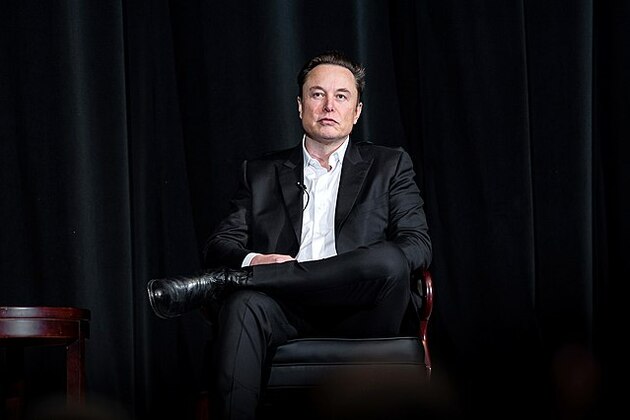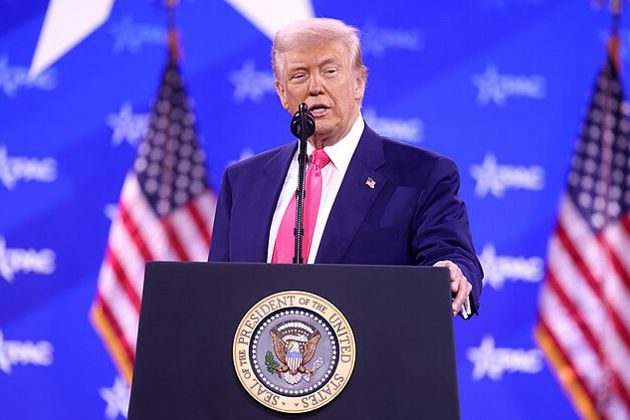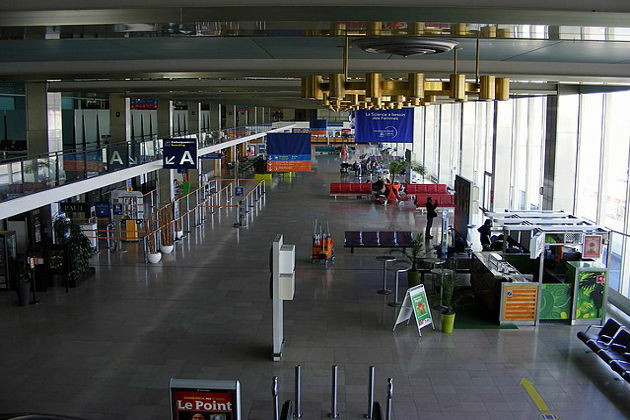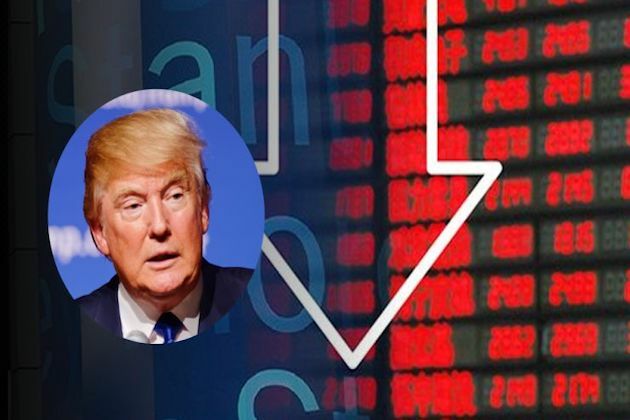Brics is sliding towards irrelevance - the Rio summit made that clear
The Conversation
08 Jul 2025, 17:11 GMT+10
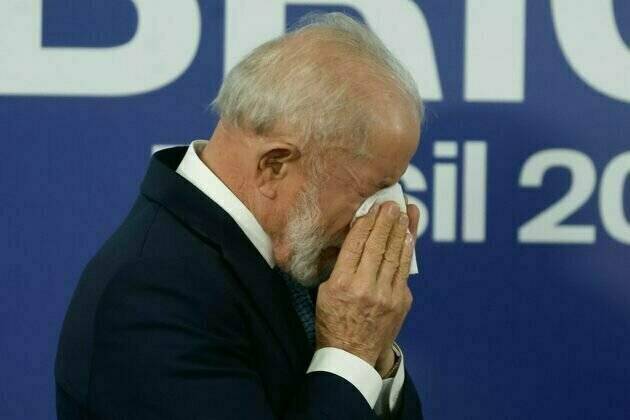
The Brics group of nations has just concluded its 17th annual summit in the Brazilian city of Rio de Janeiro. But, despite member states adopting a long list of commitments covering global governance, finance, health, AI and climate change, the summit was a lacklustre affair.
The two most prominent leaders from the group's founding members - Brazil, Russia, India, China and South Africa - were conspicuously absent. Russia's president, Vladimir Putin, only attended virtually due to an outstanding arrest warrant issued by the International Criminal Court over his role in the war in Ukraine.
China's Xi Jinping avoided the summit altogether for unknown reasons, sending his prime minister, Li Qiang, instead. This was Xi's first no-show at a Brics summit, with the snub prompting suggestions that Beijing's enthusiasm for the group as part of an emerging new world order is in decline.
Perhaps the most notable takeaway from the summit was a statement that came not from the Brics nations but the US. As Brics leaders gathered in Rio, the US president, Donald Trump, warned on social media: "Any Country aligning themselves with the Anti-American policies of BRICS, will be charged an ADDITIONAL 10% Tariff. There will be no exceptions to this policy."
Get your news from actual experts, straight to your inbox. Sign up to our daily newsletter to receive all The Conversation UK's latest coverage of news and research, from politics and business to the arts and sciences.
Trump has long been critical of Brics. This is largely because the group has consistently floated the idea of adopting a common currency to challenge the dominance of the US dollar in international trade.
Such a move makes sense if we focus on trade figures. In 2024, the value of trade among the Brics nations was around US$5 trillion, accounting for approximately 22% of global exports. Member nations have always felt their economic potential could be fully realised if they were not reliant upon the US dollar as their common currency of trade.
During their 2024 summit, which was held in the Russian city of Kazan, the Brics nations entered into serious discussions around creating a gold-backed currency. At a time when the Trump administration is waging a global trade war, the emergence of an alternative to the US dollar would be a very serious pushback against US economic hegemony.
Read more: Why Donald Trump's election could hasten the end of US dollar dominance
But the freshly concluded Brics summit did not present any concrete move towards achieving that objective. In fact, the 31-page Rio de Janeiro joint declaration even contained some reassurances about the global importance of the US dollar.
There are two key obstacles hindering Brics from translating its vision of a common currency into reality. First is that some founding member nations are uncomfortable with adopting such an economic model, in large part due to internal rivalries within Brics itself.
India, currently the fourth-largest economy in the world, has a history of periodic confrontation and strategic competition with China. It is reticent about adopting an alternative to the US dollar, concerned that this could make China more powerful and undercut India's long-term interests.
Second is that the Brics member nations are dependent on their bilateral trade with the US. Simply put, embracing an alternative currency is counterproductive when it comes to the current economic interests of individual countries. Brazil, China and India, for example, all export more to the US than they import from it.
In December 2024, following his election as US president, Trump said: "We require a commitment from these countries that they will neither create a new Brics currency nor back any other currency to replace the mighty US dollar or they will face 100% tariffs and should expect to say goodbye to selling into the wonderful US economy". This blunt message all but killed any enthusiasm that was there for this grand economic model.
The Brics group is a behemoth. Its full 11 members account for 40% of the world's population and economy. But the bloc is desperately short of providing any cohesive alternative global leadership.
While Brazil used its position as host to highlight Brics as a truly multilateral forum capable of providing leadership in a new world order, such ambitions are thwarted by the many contradictions plaguing this bloc.
Among these are tensions between founding members China and India, which have been running high for decades.
There are other contradictions, too. In their joint Rio declaration, the group's members decried the recent Israeli and US attacks on Iran. Brazil's president, Luiz Inacio "Lula" da Silva, also used his position as summit host to criticise the Israeli offensive in Gaza.
But this moral high ground appears hollow when you consider that the Russian Federation, a key member of Brics, is on a mission to destroy Ukraine. And rather than condemning Russia, Brics leaders used the Rio summit to criticise recent Ukrainian attacks on Russia's railway infrastructure.
Brics declared intention to address the issue of climate change is also problematic. The Rio declaration conveyed the group's support for multilateralism and unity to achieve the goals of the Paris agreement. But, despite China making significant advances in its green energy sector, Brics contains some of the world's biggest emitters of greenhouse gases as well as several of the largest oil and gas producers.
Brics can only stay relevant and provide credible leadership in a fast-changing international order when it addresses its many inner contradictions.
 Share
Share
 Tweet
Tweet
 Share
Share
 Flip
Flip
 Email
Email
Watch latest videos
Subscribe and Follow
Get a daily dose of Massachusetts Sun news through our daily email, its complimentary and keeps you fully up to date with world and business news as well.
News RELEASES
Publish news of your business, community or sports group, personnel appointments, major event and more by submitting a news release to Massachusetts Sun.
More InformationInternational
SectionU.S. Treasury Secretary says Musk should steer clear of politics
WASHINGTON, D.C.: Elon Musk's entry into the political arena is drawing pushback from top U.S. officials and investors, as his decision...
TikTok building U.S.-only app amid pressure to finalise sale
CULVER CITY, California: TikTok is preparing to roll out a separate version of its app for U.S. users, as efforts to secure a sale...
Trump defends use of 'Shylock,' citing ignorance of slur
WASHINGTON, D.C.: President Donald Trump claimed he was unaware that the term shylock is regarded as antisemitic when he used it in...
Summer travel in chaos as French air traffic controllers walk off job
PARIS, France: A strike by French air traffic controllers demanding improved working conditions caused significant disruptions during...
Congress weighs Medicaid cuts, sparking alarm in small-town hospitals
OMAHA, Nebraska: With Congress considering cuts totaling around US$1 trillion to Medicaid over the next decade, concerns are rising...
Gas station blast injures 40 in Rome, kids narrowly escape
ROME, Italy: Quick thinking by emergency responders helped prevent greater devastation after a gas station explosion in southeastern...
Business
SectionBeijing blamed for covert disinformation on French fighter jet Rafale
PARIS, France: French military and intelligence officials have accused China of orchestrating a covert campaign to damage the reputation...
Birkenstock steps up legal battle over fakes in India
NEW DELHI, India: Birkenstock is stepping up its efforts to protect its iconic sandals in India, as local legal representatives conducted...
Beijing hits back at EU with medical device import curbs
HONG KONG: China has fired back at the European Union in an escalating trade dispute by imposing new restrictions on medical device...
Wall Street reels after Trump invokes new tariffs
NEW YORK, New York - Monday's trading session saw mixed performances across U.S. and global markets, with several major indices posting...
Trump admin allows GE to restart engine sales to China’s COMAC
WASHINGTON, D.C.: The U.S. government has granted GE Aerospace permission to resume jet engine shipments to China's COMAC, a person...
Saudi Aramco plans asset sales to raise billions, say sources
DUBAI, U.A.E.: Saudi Aramco is exploring asset sales as part of a broader push to unlock capital, with gas-fired power plants among...

